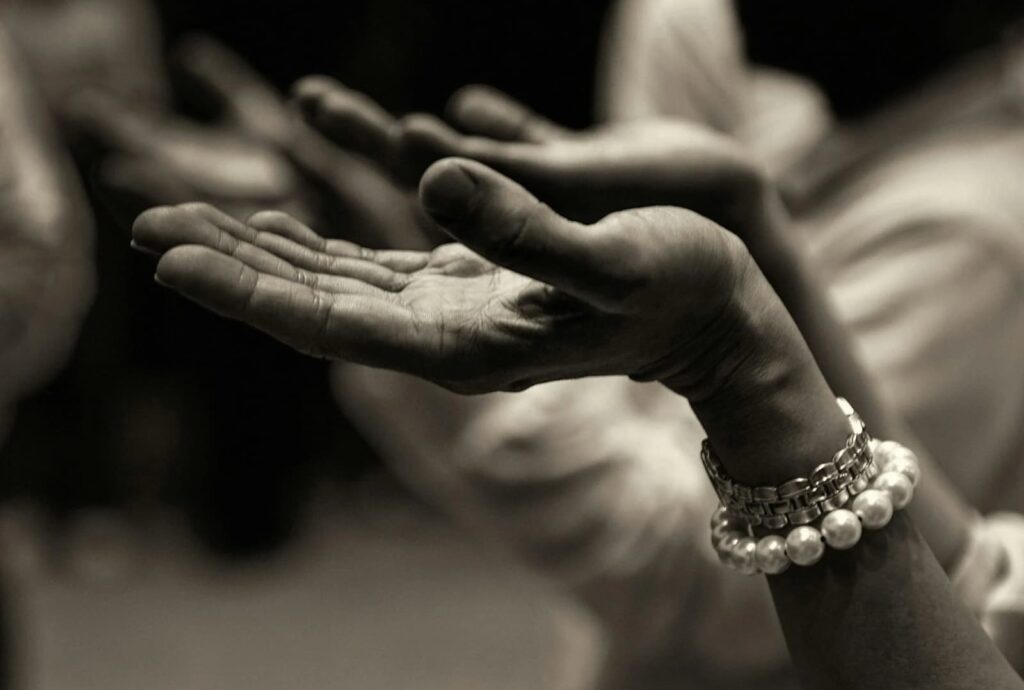The rise of online casinos has brought the age-old debate about gambling and morality into the digital era. While gambling has historically been viewed with suspicion or outright condemnation by many religious traditions, the advent of online platforms has added new dimensions to the discussion. For some, these platforms represent harmless entertainment, while for others, they embody greed, addiction, and moral corruption. Religious beliefs, deeply rooted in ethical and spiritual frameworks, continue to shape attitudes toward online casinos. For those interested in exploring these platforms, an online casino games provider offers access to a variety of games, but it’s essential to consider the ethical and spiritual implications tied to gambling.
Gambling Through the Lens of Religion
Religions worldwide differ in their perspectives on gambling, often based on theological teachings and moral principles. While some faiths categorically condemn gambling, others allow it under controlled circumstances, with a focus on moderation and self-control.
In Christianity, attitudes toward gambling vary significantly among denominations. For example, Protestant groups such as Methodists and Baptists often oppose gambling, arguing that it promotes greed and undermines social responsibility. While the Bible does not explicitly forbid gambling, it cautions against the love of money and the pursuit of wealth. Verses like 1 Timothy 6:10, which states, “For the love of money is the root of all evil,” have been used to discourage activities like gambling, including online casinos.
Islam takes a stricter stance, explicitly forbidding gambling, referred to as maisir. The Quran condemns gambling as sinful and harmful, emphasizing its potential to distract believers from their faith and create social discord. Surah Al-Baqarah (2:219) states: “They ask you about wine and gambling. Say, ‘In them is great sin and [yet, some] benefit for people. But their sin is greater than their benefit.’” For Muslims, both traditional and online gambling are unequivocally prohibited.
Hinduism and Buddhism, while not as prescriptive as Christianity or Islam, also caution against gambling. Hindu scriptures warn against reckless behavior and addiction, emphasizing the importance of dharma (moral duty) and self-discipline. Similarly, Buddhism discourages gambling, viewing it as a violation of the Five Precepts, particularly the principle of abstaining from wrongful livelihood. Both faiths often see gambling, including online casinos, as a distraction from spiritual growth and enlightenment.
Online Casinos and Ethical Concerns
Online casinos pose unique ethical challenges that intensify the concerns raised by religious communities. Unlike traditional gambling, which often requires physical presence, online platforms are accessible 24/7, making gambling both more convenient and potentially more addictive. Religious critics argue that this accessibility increases the risk of financial ruin, addiction, and social harm—issues that many faiths aim to prevent through moral teachings.
From a religious perspective, online casinos are also criticized for fostering materialism and greed. Many faiths encourage their followers to focus on spiritual growth rather than chasing material wealth. The flashy advertisements, bonus offers, and promises of quick riches from online casinos contradict these teachings, leading religious leaders to denounce such platforms as morally corrosive.
Moreover, online casinos often operate in legal gray areas, with many based in jurisdictions with limited regulations. This lack of oversight raises questions about fairness, transparency, and exploitation of vulnerable players. For religious adherents, supporting such industries can feel incompatible with their moral and spiritual values.
Cultural and Regional Influences

Religious attitudes toward online casinos are also shaped by cultural and regional contexts. In countries where religion plays a dominant role in governance, such as many Middle Eastern or Southeast Asian nations, online gambling is often heavily restricted or banned outright. These laws reflect the influence of religious teachings on public policy and societal norms.
In contrast, more secular societies often adopt a more permissive approach to online gambling. For example, in the United Kingdom or Sweden, online casinos are heavily regulated to ensure consumer protection but are not typically framed as moral issues. In these contexts, religious objections to online gambling may be seen as personal convictions rather than societal imperatives.
Nevertheless, even in secular societies, religious communities often advocate for ethical considerations in gambling. Faith-based organizations frequently campaign for stricter regulations and support for problem gamblers, highlighting the continuing relevance of religion as a moral compass in a digital age.
Faith, Moderation, and Entertainment
While many religious groups view gambling as inherently problematic, not all believers take an absolutist stance. Some argue that gambling, when practiced in moderation and for entertainment rather than profit, can align with religious teachings that emphasize balance and personal responsibility.
For instance, some Christians view gambling as morally neutral, provided it does not lead to addiction or financial harm. Similarly, in Hinduism, gambling during festivals like Diwali is often seen as a cultural tradition rather than a moral failing. Such perspectives suggest that attitudes toward online gambling are not always rigid but often depend on individual interpretations of faith.
Recognizing the ethical concerns raised by religious groups, some online casino providers have started promoting responsible gambling practices. Features like deposit limits, self-exclusion tools, and educational resources aim to reduce harm and foster healthier gambling habits. While these measures may not fully address the moral objections of religious communities, they represent efforts to mitigate the risks associated with online gambling.
Conclusion
The relationship between religion and online gambling is deeply complex, shaped by theological teachings, cultural contexts, and individual beliefs. For many, faith serves as a guiding principle that discourages gambling, both in traditional and online forms, as it is seen as a source of harm and distraction from spiritual pursuits. However, others take a more nuanced view, acknowledging that gambling in moderation can coexist with religious values.
As online casinos continue to expand, the tension between faith and fortune will remain a vital part of the conversation. Religious teachings, with their emphasis on moderation, self-discipline, and compassion, provide valuable insights into the ethical challenges posed by online gambling. By fostering dialogue between faith communities and the gambling industry, society can work toward a balance that respects both spiritual values and individual freedoms.